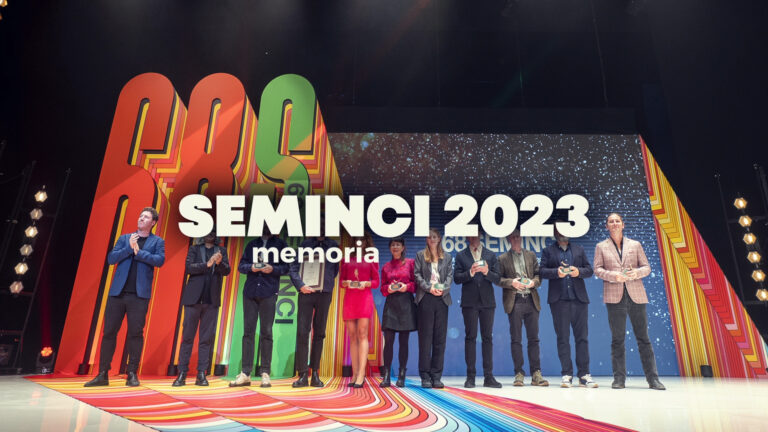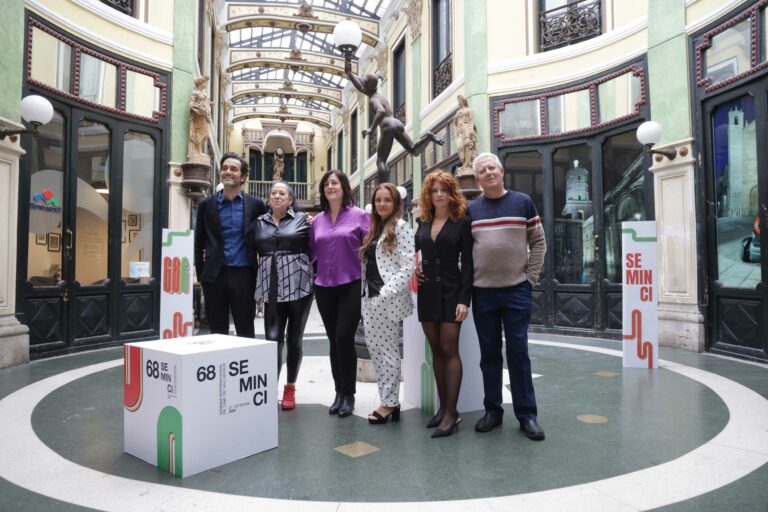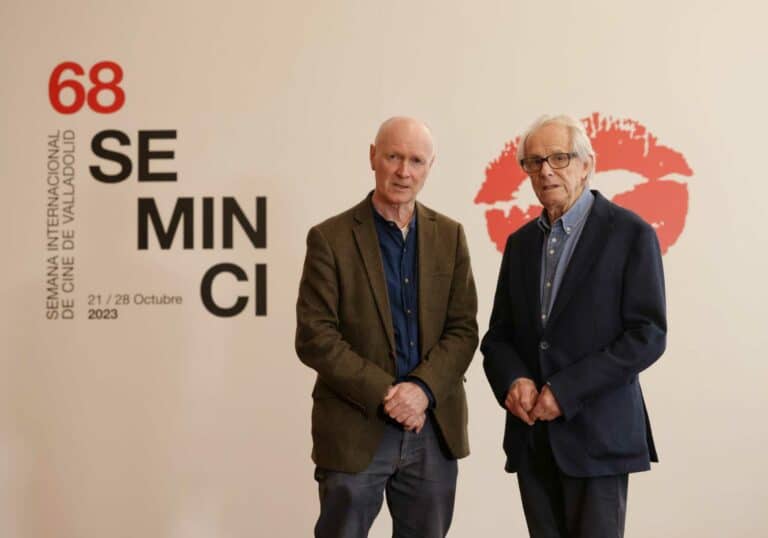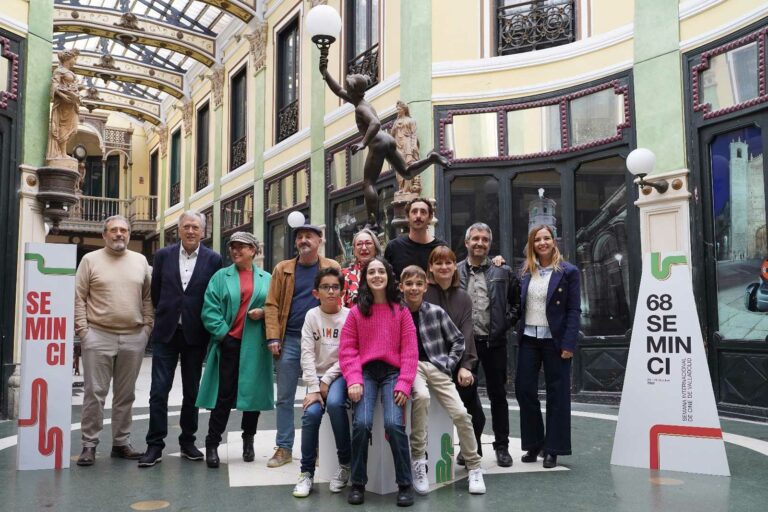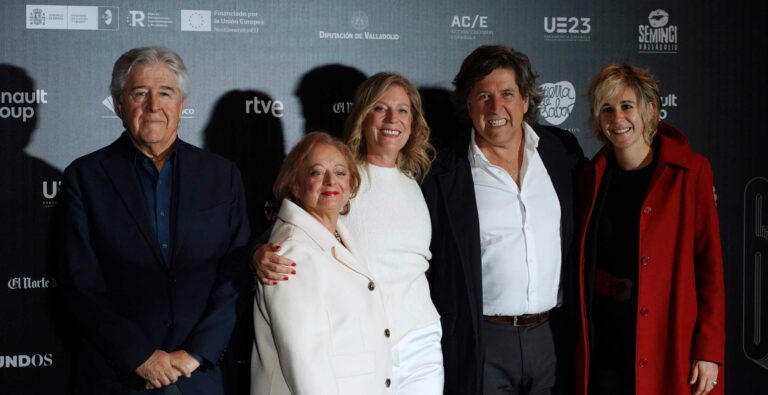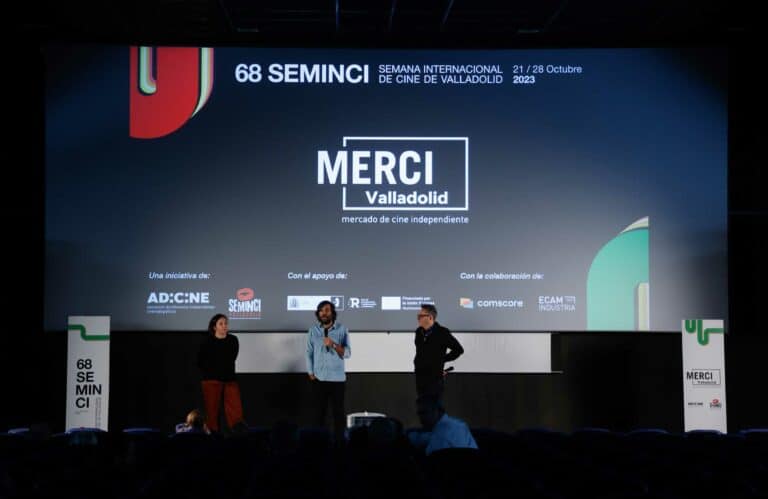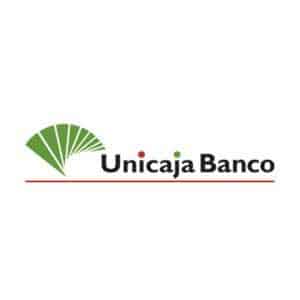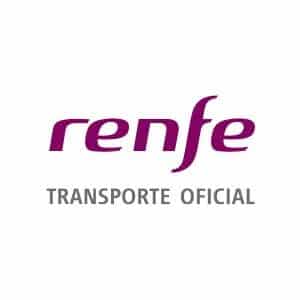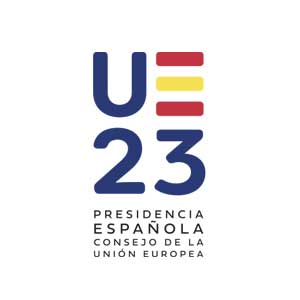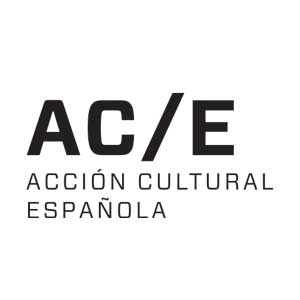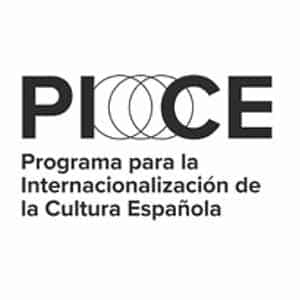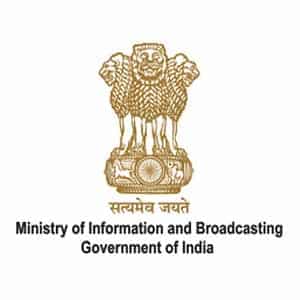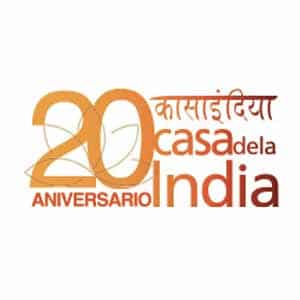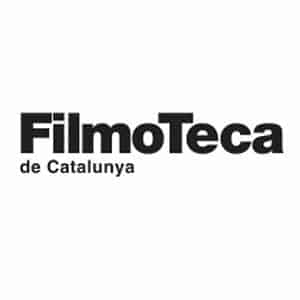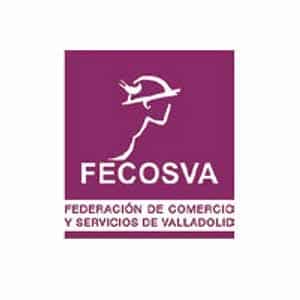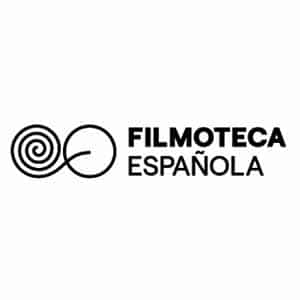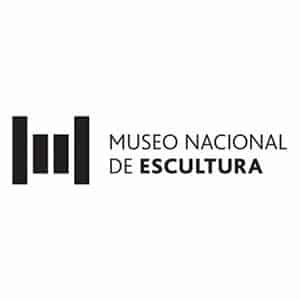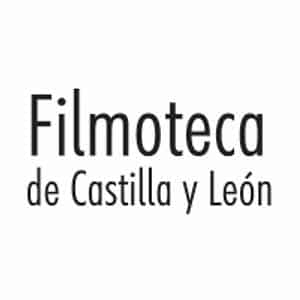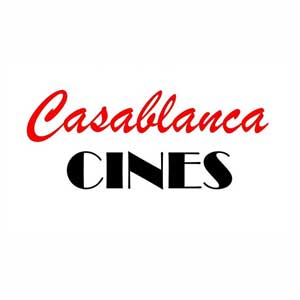The Deputy President of the Junta de Castilla y León, Francisco Igea, has announced the creation of the ‘Roberto Fraile y David Beriain Award for Current Audiovisual Production’, which will be presented annually, coinciding with the day dedicated by SEMINCI to Castile and León’s film and audiovisual sector, which is taking place today, Monday, October 25, 2021. Igea has praised the work of journalistic professionals, particularly in contexts of war or violence, as defenders of democratic systems and advocates of citizen rights. The Deputy President recalled the figures of journalists Roberto Fraile and David Beriain, assassinated by Al Qaeda in Burkina Faso on April 26 when they were filming a documentary on poaching. Igea claimed that “they are true heroes of our democracy” and therefore deserve “the attention and recognition of all, for their dedication and their defense of that supreme value which is freedom of information.”
The new award is intended to provide recognition for the work of professionals who are currently involved in audiovisual production, especially in armed conflicts or emergency situations. Later today, within the framework of the Castile and León Film and Audiovisual Gala, which will take place at 7:00 p.m. at Teatro Zorrilla, Fraile and Beriain will be publicly honoured so as to “to convey all our appreciation and affection to their families”. This special gala will likewise host a tribute to “the exemplary career of one of the most brilliant actors of this country”, Emilio Gutiérrez Caba, who will be receiving Seminci’s Golden Honorary Spike.
Goals and challenges
Accompanied by the Director of the Valladolid Festival, Javier Angulo; the Director of Castile and León’s Film Archive, Maite Conesa, and the Deputy President of the region’s Audiovisual Platform Roberto Lozano, the regional government’s Deputy President outlined the main objectives and challenges of the audiovisual sector in Castile and León, which involve “active cultural policies that are committed to talent and the development of quality projects that enhance our territory and provide new opportunities to our creators.”
One of the commitments that the Ministry of Culture and Tourism has assumed with the citizenship over the current legislature is the development of different strategies in the audiovisual sector. Some of the strategies designed two years ago, “are today tangible policies, which have been implemented, have a budget allocation and demonstrate the firm will of the Junta de Castilla y León to fulfill the commitments acquired with all citizens”, claimed Igea.
Against this backdrop, the strengthening of the film and audiovisual sector in Castile and León is one of the main pledges of the autonomous government for this legislature in matters of culture and entails the promotion of initiatives that enhance this sector in the Community. Among these initiatives is SEMINCI, one of the most prestigious cultural events held in Spain throughout the year. For this reason, the Junta reinforced its support for the festival in the current legislature, both from a financial point of view and with the launch of parallel programs in collaboration with the Valladolid International Film Festival such as the scheme called ‘Comunidad Seminci’ which will be running its second edition with the aim of projecting the festival across the region’s territory and beyond Seminic’s regular dates.
Aid schemes for the audiovisual sector
The regional government’s Deputy President pointed out that in the last two years, the Junta “has mobilised unprecedented resources for culture and, more specifically, for the film and audiovisual sector.” To fulfill its commitments, the Ministry maintains a permanent dialogue with the professionals of Castile and León.
Last year a new line of subsidies was launched to finance the production of short films, while there was an upgrading of subsidy schemes aimed at funding the pre-production, production and distribution of feature films (documentaries and fiction) as well as animation and TV series pilots. On the whole this made it possible to finance a total of 22 film projects.
This year has seen the setting up of an innovative program named ‘Comunidad TV’, whose call contemplated a budget of €500,000. The Government signed an agreement with Radio Televisión de Castilla y León, SA, so as to facilitate the first broadcast on this medium, and optionally later ones, of audiovisual entertainment works produced by the film and audiovisual companies of Castile and León, which may in this way benefit from subsidies for the production of projects intended to be broadcast on television.
In addition to this new line of subsidies, the regional Ministry of Culture and Tourism has published new calls for subsidies for the two existing lines worth respectively €200,000 and €100,000, so that only in 2021 the budget allocated by the regional government to the financing of audiovisual projects has experienced an unprecedented increase of 160% compared to previous annuities. The resolutions of these three lines of subsidies will be published during the last quarter of the present year.
Likewise, the government has paid special attention to supporting the production of short films in Castile and León through its ‘Quercus’ initiative, which seeks to promote a selection of the best short films in the Community and whose catalogue has also had its own slot in the programme grid of the 66th Seminci.
Igea went on to praise the work carried out by Castile and León’s Film Archive in order to “guarantee the conservation and dissemination of the photographic, cinematographic and audiovisual heritage of the region, and implement a valuable cultural program”. To this must be added the promotion of Castile and León as a territory for shooting locations through the institution’s new website.
The attraction of film shoots to the Community, through Castile and León’s Film Commission, is another of the priority lines of the autonomous government in the present legislature. “The richness and variety of landscapes, nature and heritage of Castile and León makes it possible for any audiovisual project to be filmed in its territory. The Film Commission is therefore not only an important tool for the development of the film sector in the region, but it also seeks to become an effective instrument for promoting tourism and economic development,” said the deputy president.


